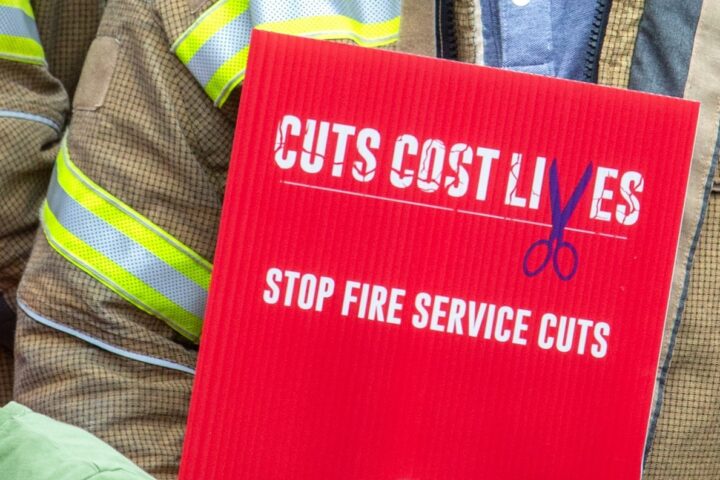15.3 million people in the UK are now at risk of retirement poverty, Scottish Widows’ latest retirement report has found.
Pension saving levels increased over the past year, with projected retirement income rising to £17,200 from £15,500.
Scottish Widows’ research found that 39% of people in the UK were not on track for a minimum retirement lifestyle, up from 35% in 2023.
The Pension and Lifetime Savings Association (PLSA) estimated a minimum retirement lifestyle would cost a single person outside London £14,800 a year, not including housing costs.
Research also showed that young adults in their 20s are mainly saving into defined contribution (DB) pensions through their employer, with personal savings and the state pension expected to fill the gap.
However, Scottish Widows found that competing financial pressures make it hard for this group to save.
One in four said saving for emergencies was their top priority, while 13% could not save at all.
The main priorities for savings in this group were emergencies, house deposits and holidays.
According to National Retirement Forecast (NRF) projections, 42% of people in their 20s were at risk of retirement poverty and 23% would only be able to afford a minimum lifestyle.
Low to middle earners, especially those in their 30s earning between £20,000 and £35,000, were most likely to stick to the minimum 8% pension contribution.
This group could face a 60% income drop in retirement, with 70% seeing their income cut by half.
Scottish Widows found 60% of people in their 30s knew they were not saving enough, and 30% were not saving at all.
Additionally, Scottish Widows research found 39% of self-employed people believed they were not saving enough, with 23% not saving at all.
Scottish Widows said building financial independence is key to tackling retirement challenges.
The report found 69% felt financially independent, but a quarter did not, and 44% did not believe they would ever achieve it.
Pete Glancy, head of pensions policy at Scottish Widows, said: “Our research couldn’t be more timely, spelling out just how crucial targeted measures are in preventing millions from living in retirement poverty in the coming years.
“The second phase of the Government’s Pensions Review must be broad enough to take a holistic view on people’s financial journey through life considering wide-ranging financial goals.
“There are three key areas that must be addressed urgently: auto-enrolment, self-employed contribution rates and housing, considering both home ownership and affordable housing.”
Glancy added: “For now, the challenge is helping people make the most of what they have.
“It is essential to ensure people feel financially empowered to make informed decisions and take proactive steps for their future – with a strong sense of financial independence playing a key role.”

















